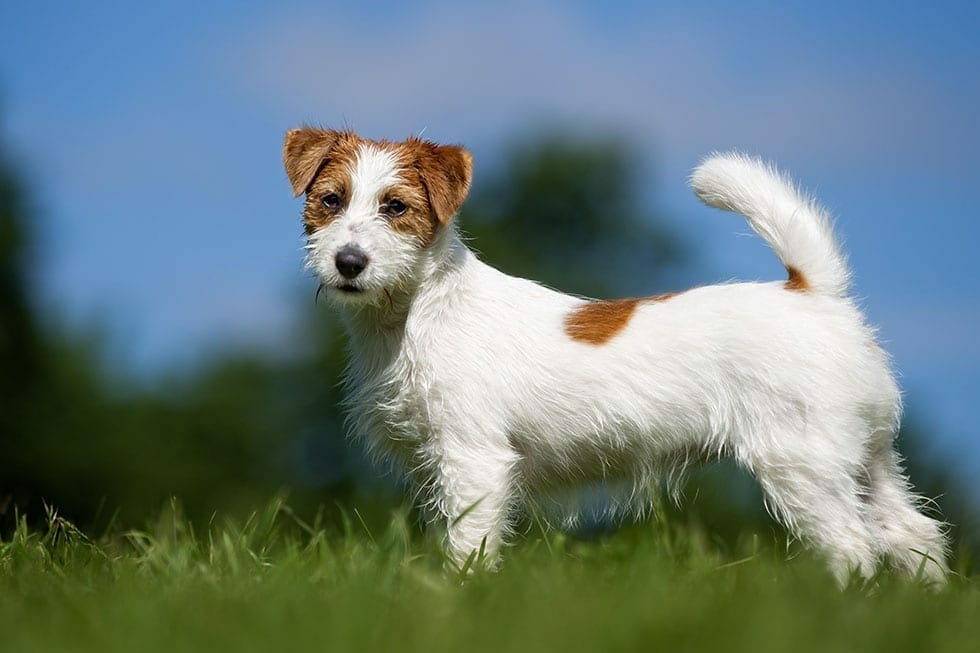Understanding Dog Breeds
PIA Australia
September 5, 2019
Not too sure if your chosen dog breed will suit your lifestyle? Pet Insurance Australia takes a look at dog breeds with some top tips on how to choose a breed that’s right for you.
With so many dog breeds available it’s no wonder some people get confused as to what breed would best suit their lifestyle. They key with choosing any breed is to firstly understand the particularly breeds history. What the breed was first developed for can give you a good idea of the energy levels and requirements the dog will need throughout their lifetime.
Some first-time dog owners can get a little side tracked with the atheistic qualities of a particular breed and ignore the needs of the dog. This can lead to a whole host of issues, so it’s always best to find the breed that best suits your lifestyle and to most part, ignore the look of the dog itself.
Breed Group Categories
- Terrier Group – These dogs were particularly developed to hunt small vermin. They are very energetic, have a natural tendency to chase small animals, and dig. They are very confident and simply love to learn. Some breeds include: Jack Russell Terrier, Boston Terrier, Airedale Terrier, Carin Terrier, Fox Terrier.
- Toy Group – specifically bred dogs to be lovely companions for their owners. They are small and perfect for those living in small spaces and apartment life. Some breeds include; Pomeranian, Maltese, Miniature Pinscher, Chihuahua, Pug.
- Working Group–powerful dogs that are incredibly intelligent. These dogs tend to have a history of guarding or protective work for humans or livestock. They work as military, police or security dogs while some also work in the service dog areas.Some breeds include; Boxer, Great Dane, Bernese Mountain Dog, Rottweiler, Dobermann, Alaskan Malamute.
- Sporting Group – also known as gun dogs. These breeds were developed to help during hunting of game birds. They are very eager to learn and work beside their human companions. They are very energetic and confident breeds. Some breeds include; Pointer, English Springer Spaniel, Irish Setter, German Shorthaired Pointer (GSP), Curly Coat Retriever.
- Hound Group – also classified as sporting dogs, these breeds were also developed to hunt, however most times independently from their handlers. The dogs consist of scent and sight hounds. They are courageous breeds who need care in large open spaces with lots of sights and smells. Some breeds include; Basenji, Bloodhound, Beagle, Basset Hound.
- Herding Group – these dogs have a very natural instinct to heard and run. They make wonderful farm dogs but can struggle in suburbia if not correctly exercised and entertained. They are perfect for herding livestock and running endlessly alongside their special human. Some breeds include Bearded Collie, Corgi, Australian Shepard, Border Collie, Irish Setter.
Choosing the Right Breed
There are a few questions you need to ask yourself before purchasing a new puppy;
- What time do I have to invest in training?
All dogs will require a good dose of training to ensure you have a well-behaved and easy to control. This not only keeps them safe (think running into traffic or chasing another dog/cat), but it will make vet visits easy and also strengthen the bond between yourself and your dog. However, it is important to note that the level of ease of training will depend on your chosen breed. Some breeds are not for the first-time owner, while others are super easy to train. Looking at your dog’s history and getting a good understanding of the breeds training requirements is paramount with all dogs. - Can I walk/run my dog enough for their needs?
Like with training all dogs,regardless of their size and exercise requirements, will need a daily walk. However, some breeds, that are highly energetic, will require more. This could mean a good off-leash run once per day, and other activities such as dog sports. A dog that is not exercised correctly for their breed requirements is much more likely to engage in problematic behaviour such as digging, barking, escaping and general ‘non-human approved’ activities. - Space?
Is my dog more suited to apartment living? Or do they need a large yard? It’s important that owners are realistic about what their dogs require in terms of space before brining puppy home. Some larger dogs actually don’t need large backyards, however living in a cramped home may cause other issues (cue knocked over furniture from the sheer size of the dog.)
Doing your research into your chosen breed and being 100% honest with yourself on how much you can offer your dog, in terms of exercise and training, can allow you to avoid many issues later down the track when your pup is fully grown.
WOOF!

8 Comment